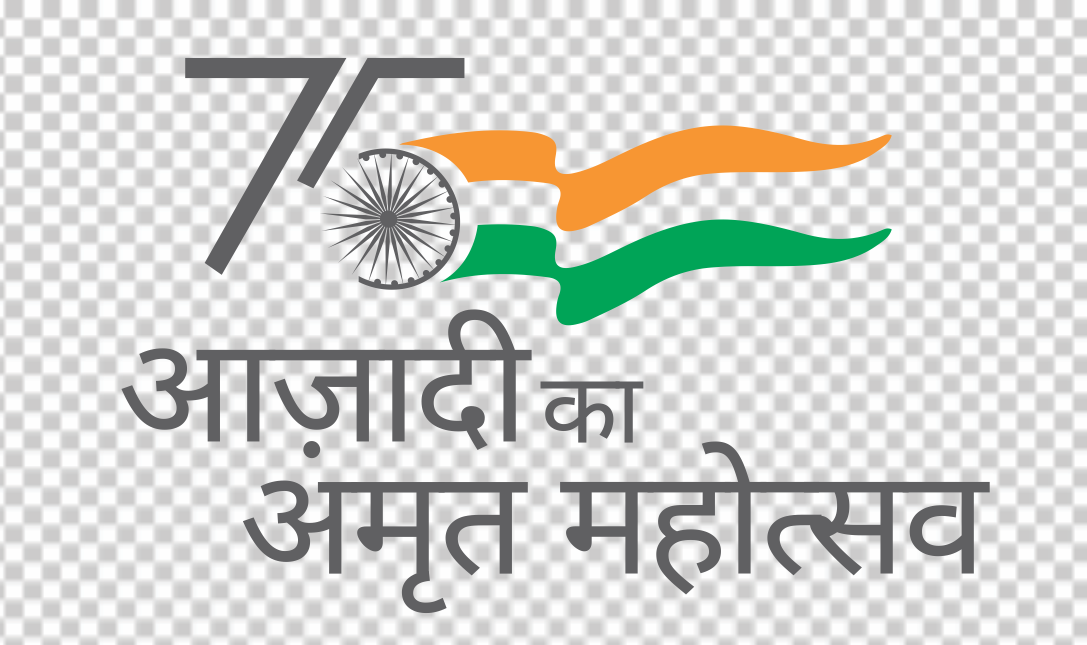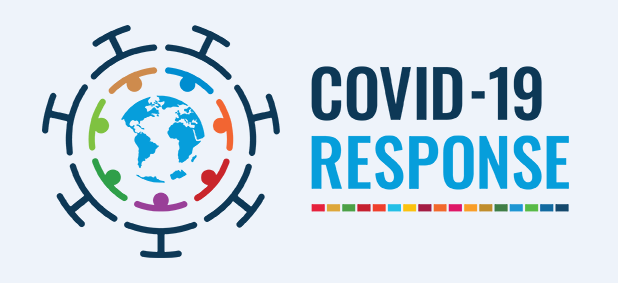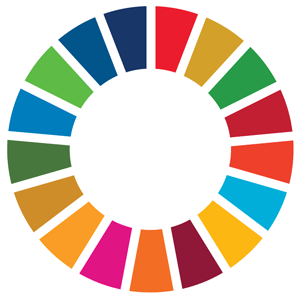Say No to Single-use Plastic - Campaign
Say No to Single-use Plastic - Campaign
Single-use plastics, in general terms, known as use and throw plastic or disposable plastics, are used only once before they are thrown away or recycled. These items are things like plastic- bottles, food wrappers, sachets, lids, plastic bags, straws, coffee stirrers, soda and Styrofoam cups and most of food packaging items. The plastic we use daily can take 10 years to 1,000 years to decompose.
As per the Central Pollution Control Board (CPCB) Report, only 60% of the plastic waste is recycled in India unfortunately.
Animals, like Cows and Others, who eat plastics to their fullest extent, die of starvation or entanglement. More than 100 aquatic species have been found, to have micro plastics in them. The plastic can pierce organs or block the digestive tract, causing death. Animals with stomachs full of plastic have no urge to eat, and they die of starvation.
Still single-use plastics are in great demand and very much connected to essential living of our live; just because, perhaps, it is commercially very much successful as:
- Available either at low cost or free of cost to us
- Best Possible Medium of Storage for edibles, cosmetics, medical appliances as it prevents wastage and contamination
- Lightweight, Strong, and Durable
Plastic as global issue
Plastic waste causes a wide variety of problems when it leaks into the environment.
The main problem from the environmental perspective is not single-use plastic but the
manner it is disposed of or not disposed of at all and simply dumped in open places.
From production and processing to disposal in landfills or water bodies, plastic leaves
its carbon footprint at every stage and pose a great danger around the globe.
"Roughly two-thirds of all plastic ever produced has been released into the environment and remain there in some form as debris in the oceans,
as micro- or nano particles in air and agricultural soils, as micro-fibers in water supplies, or as micro-particles in the food chains or even human body"
(CIEL, 2019).
Since, plastics are non-biodegradable, they slowly break down into smaller pieces of plastic called micro-plastics and cause drains clogging, sewage problems, soil degradation and much more. These micro-plastics reduce the growth of micro-algae and the efficiency of photo-synthesis. This could also degrade plankton's ability to remove carbon dioxide from the atmosphere. Gasification and co-incineration of plastic, releases lead and mercury and other toxins into the air and water, which can cause health disasters, even giving rise, to Cancer, Neurological, and Reproductive illness.
("Science of Plastic Pollution") - As per recent World Bank report, Emissions from landfill contribute about 5% of total Greenhouse Gas (GHG) emissions and 12% of the world's emissions of methane. Bacteria decompose landfill waste in 4 phases. Gas composition, changes with each phase and waste in a landfill may be undergoing several phases of decomposition at once. The total time and phase duration varies with landfill conditions.
Global efforts
United Nations is constantly working with Member States, UN agencies, civil society groups, and the private sector,
to support efforts that help reduce plastic consumption, raise awareness, and support efforts to find global,
regional and local best possible solutions. The President of the UN General Assembly included the issue of
plastic pollution as a priority during the 73rd Session. Active research and participation are being
carried out to find solutions that lead to sustainable behavioural change; by raising global awareness
and advocacy and strong policies and leadership. Some of the campaigns against plastic to enhance awareness
to the challenges and opportunities, advocate for consumer action, and urge leadership from world leaders were
carried out by United Nations including key activities like:
PLAY IT OUT: Against plastic pollution.
The number of national policies regulating single-use plastics is likely to continue increasing in the future. Action has been taken and recently governments from around the world joined hands at the third meeting of the United Nations Environment Assembly (UNEA 3) that took place from 4-6 December 2017 in Nairobi, Kenya, committing to the vision of a
"Pollution Free Planet", specifically addresses marine litter and micro-plastics and encourages member states to reduce unnecessary plastic use and promote the use of environmentally sound alternatives while prioritizing policies to reduce the amount of plastics entering the marine environment. Large number of new regulations and bans on single-use plastics have been enforced both at the national and international levels. Many Governments out-lined laws and bans in regard of allowing only the use and production of biodegradable carry bags.
India and plastic ban
On 2nd October 2019, Indian Prime Minister Shri Narendra Modi announced that India will become a country to completely ban single-use plastic by 2022. On World Environment Day (June 5, 2018), even Dr. Harsh Vardhan, former Union minister for Environment, Forest and Climate Change, said that India would
"Phase Out" Single-use Plastic by 2022.The central government has given the decision-making power to the state governments to act as per their situation
(Check out the Government Notifications here). State-owned Indian Railways and Air India banned the Non-recyclable Plastic.
An econometric research and analysis conducted at IIFM, Bhopal by Researchers shows that people's
attitudes and intentions are in sync and it shows the most positive value towards plastic usage.
People are aware of plastic and its after-effects on the environment and have a very positive
intention to decrease the consumption, however, actions and awareness about the same need to
develop into habits, for e.g., habit of considering eco-friendly means of carrying grocery.
One of the most detrimental single-use plastics are multi-layered sachets for packing products
like tobacco. The Plastic Management Waste 2016 rules prohibit their use for storing and selling
tobacco and Paan Masala, but it is hardly enforced. More than 20 states have notified a full or
partial ban on such as Single-use-plastic materials, like Maharashtra, being the first
(Find the Maharashtra State Government Guide Book
for Plastic and Thermocol Ban Notification),
Telangana, Tamil Nadu, Himachal Pradesh, all these states banned Plastic Bottles and Tetra packs,
single-use straws, Styrofoam containers, etc. however, there still are problems like volunteering
for environmental activities, mobilisation of the masses and legal actions against harmful actions.
PM Modi also invited start-ups to recycle plastic and develop technologies for the use of recycled
plastic and has been invoking the people of India to use jute and cotton bags and for shun polythene.
On 12 Oct 2019, Prime Minister Shri Narendra Modi, ahead of his second round of informal summit,
with Chinese President Xi Jinping in Mamallapuram, Tamil Nadu was seen picking up plastic bottles,
plates and other garbage from a beach in a black kurta-pyjama during his 30-minute walk outside the
Taj Fisherman's Cove Resort and Spa.
(See the Video at his Twitter handle).
This has sent a strong message to everyone
that if the Prime Minister being the Leader
of the nation, is so concerned about the issue
of hygiene and cleanliness and environmental
concerns over Single - use Plastic Pollution, why can n't we, as common people, contribute to the cause ?
IISD Vision and Initiatives
Indian Institute of Sustainable Development has played a key role in the campaign against Use of Single-use Plastic. The level of public concern about plastic pollution is totally unprecedented. But now, citizens across the world are pledging to do something about it. By campaigning for our environment, we aim to preserve, protect and restore the most valuable ecosystems for the climate, biodiversity, and our future generations. Single-use plastics are one the most dangerous materials. But merely the knowledge of same won't suffice. Hence, we at IISD took the first step by raising public awareness on the risks and alternatives to single-use plastics. On the occasion of Gandhi Jayanti on 2nd October, 2019, Team CMI-IISD organised a Cleaning Operation with SBI at DDA Park, Astha Kunj, ISKCON temple near Nehru Place. The team of volunteers and employees collected Plastic Bags, Polythene, Single-Use Plastic to spread a message to people about taking environmentally sound steps and save the planet from harmful effects of plastic.
You can watch out the video to know more on the right hand side.
The Team-IISD has also approached people and shop keepers to inspire and convince people to quit single-use plastics at Acharya Niketan Market, Mayur Vihar, New Delhi- 110091, Where Buyers Pledged not to accept the Plastic Carry Beg and Come to the Market next time with IISD Gifted Cloth Beg or Some Cotton or Jute Carry Beg Of their Own and Shop Keepers Pledged not to Offer Plastic Or Polythene Beg to Customers again,
(See Location). Nearly 43% of the plastic produced is packaging and is used only once and then disposed. So, vegetable shops and cafes where customers visit regularly can better push consumers towards carrying their own jute and cloth hand bags and avoid plastics. IISD is also collaborating successfully with - Campaign Against Plastic Pollution (CAPP), which is an esteemed Civil Society Partner, under the dynamic leadership of Shri Anoop K Shrivastava, IAS (Retz). Dr Srikanta K Panigrahi, Director General, IISD also joined as an Esteemed Invited Key Note Speaker to an Webinar Event on 28th November 2020, Organized by CAPP. We are at IISD, closely working with the Industries, Entrepreneurs, Communities in many important and relevant areas of Alternatives to Single Use Plastic. Another of CAPP Event was on Impact of COVID-19 on Plastic Pollution, held on 7 November, 2020, where Erik Solheim, Former UNEP Executive Director and CEO, Plastic Revolution Foundation), Actress Dia Mirza, UNEP Goodwill Ambassador and B. Vinod Babu Scientist, CPCB had also Joined.
Join Our efforts to beat Pollution caused by plastic. It's time to take some responsibility towards our mother earth and be a responsible citizen.
To explore more about us visit our website http://www.iisdindia.in/
To volunteer with us drop an email sustainableinstitute@gmail.com
WHAT ARE MICRO BEADS ?
 Micro beads are a kind of micro plastic, with specific function for scrubbing or exfoliating. In cosmetics, "micro plastic"
refers to all types of tiny plastic particles (smaller than 5mm) that are intentionally added to cosmetics and personal care products.
They are often used as emulsifying agents or just as cheap fillers.
Micro beads are a kind of micro plastic, with specific function for scrubbing or exfoliating. In cosmetics, "micro plastic"
refers to all types of tiny plastic particles (smaller than 5mm) that are intentionally added to cosmetics and personal care products.
They are often used as emulsifying agents or just as cheap fillers.
Why are micro plastics a problem ?
These micro plastics, hardly visible to the naked eye, flow straight from the bathroom drain into the sewer system.
Wastewater treatment plants are not designed to filter them out; that is how micro plastics contribute to the 'Plastic Soup' swirling around in our oceans.
Sea animals absorb or eat micro plastics; these particles can then be passed along the marine food chain. Since humans are ultimately at the top of this food chain, it is likely that we also ingest micro plastics. Micro plastics are not biodegradable and once they enter the (marine) environment, they are almost impossible to remove.
Using body washes or cosmetics that contain micro plastics can put the ocean, ourselves and our children at risk !
EXPOSURE TO MICRO PLASTICS
 Up until now, there has been consistent evidence indicating that exposure to plastics and the additives
therein may lead to a variety of health complications. We know that plastic particles have been found in
human faeces*, but what does plastic, actually do to our bodies ? They entre in Our Food Chain and obstruct our normal body functions.
Up until now, there has been consistent evidence indicating that exposure to plastics and the additives
therein may lead to a variety of health complications. We know that plastic particles have been found in
human faeces*, but what does plastic, actually do to our bodies ? They entre in Our Food Chain and obstruct our normal body functions.
Can Find more at : Microplastics:
Trouble in the Food Chain
*Human faeces are the solid or semisolid remains of food that could not be digested or absorbed in the small intestine of humans.
Phthalates, for example, are a group of chemicals that can be found in hundreds of cosmetics such as nail polishes and hair sprays. These chemicals are known endocrine disruptors and may cause certain hormone-related cancers. We already know that many additives in plastic are considered extremely harmful, but there is no complete understanding of the effects of plastic itself on human health yet.
The health impacts of plastic in all its forms should be a major concern for all of us. We are exposing ourselves to chemicals that are proving to be dangerous to our health and to the health of our fellow species. This is alarming!
GUIDE TO MICRO PLASTICS
In 2015, Research conducted by UNEP and TAUW, came across a list of 67 micro plastic ingredients to be aware of.
Today, with the restriction proposal by European Chemical Agency (ECHA), we are aware of more than 500 micro plastic
ingredients widely used in cosmetics and personal care products. Not only that, but we are now also targeting more than
100 "sceptical micro plastic" ingredients. Some of these ingredients indicate toxicity to human health, some to aquatic life, and for others there is not enough information available.
RED
Products on this list contain ingredients, which are commonly considered to be micro plastics. These include but are not limited to Polyethylene (PE), Polypropylene (PP), Polymethyl methacrylate (PMMA), Nylon (PA), Polyurethane, and Acrylates Copolymer.
Find the extensive list of micro plastic ingredients
ORANGE
Products on this list contain "sceptical micro plastic" ingredients. By "sceptical micro plastic" ingredients, we mean synthetic polymers, for which there is not enough information available. Some indicate toxicity to human life, some to aquatic environments, and for others, we cannot find enough information. These include but are not limited to Polyquaterniums, Polysorbates, PEGs, and PPGs.
Find the extensive list of sceptical micro plastic ingredients
GREEN
Products on this list do not contain any of the micro plastic or "sceptical micro plastic" ingredients. However, brands on this list
might not have their entire range of products free of all possible micro plastic ingredients.
All products on this list are free from all known micro plastic ingredients. The producer has verified this fact. We have certified these brands with our Zero Plastic Inside logo.
LOOK FOR THE ZERO
 There are cosmetic and personal care brands that are entirely free of any known plastic ingredients. Brands and companies that do not use micro plastic ingredients in their products can carry the Zero Plastic Inside logo. The above logo makes it clear to consumers that a product is guaranteed 100% free of micro plastic ingredients. We certify brands for your convenience, so that you can use cosmetics and personal care products, without worrying about your health or the health of the environment.
There are cosmetic and personal care brands that are entirely free of any known plastic ingredients. Brands and companies that do not use micro plastic ingredients in their products can carry the Zero Plastic Inside logo. The above logo makes it clear to consumers that a product is guaranteed 100% free of micro plastic ingredients. We certify brands for your convenience, so that you can use cosmetics and personal care products, without worrying about your health or the health of the environment.
IMPACT
SINCE THE BEGINNING OF BEAT THE MICROBEAD, 15 COUNTRIES HAVE TAKEN STEPS TO BAN MICROBEADS.
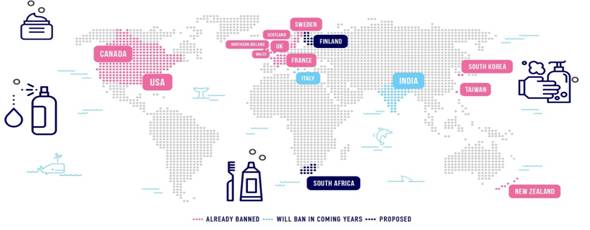

Mountain of Plastic Drinking Water Bottles and Single use - plastic materials
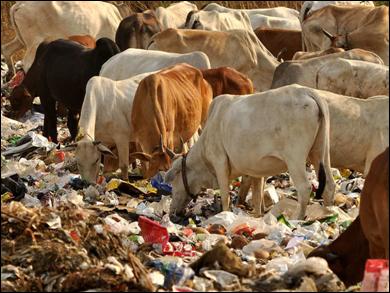
Cows are eating plastic, Out of Hunger
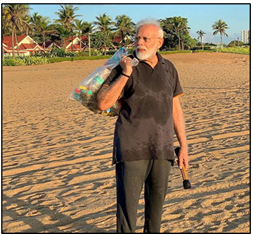
Honb'le Prime Minister, Narendra Modi, after cleaning the Mamallapuram Beach, Tamil Nadu on 12th Oct 2019.
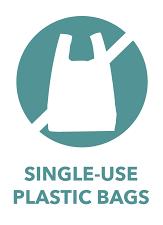
Don't use Carry Bag, Made of Single Use - Plastic
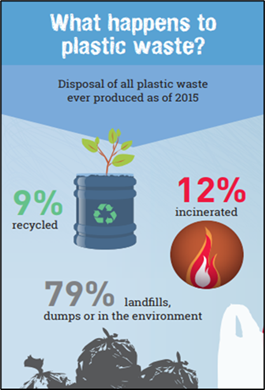
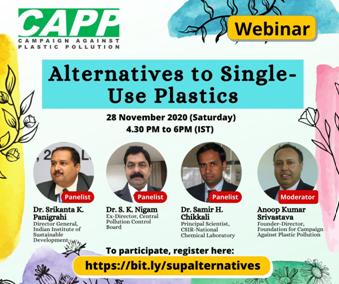
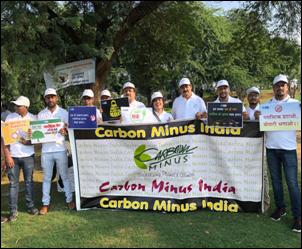
Team-IISD and CMI Members and Volunteers, along with SBI Officials on 2nd October 2019 at DDA Park, Astha Kunj, Nerhu Place, near ISKCON Temple.
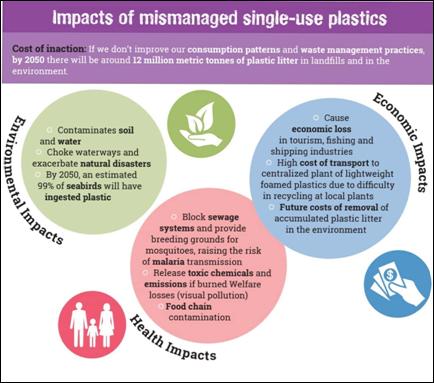
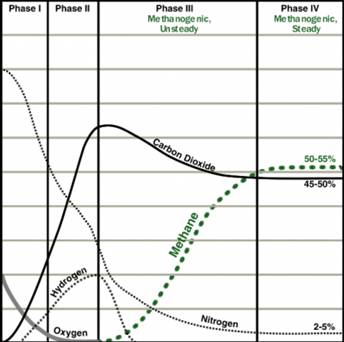
Pic credits: US EPA
